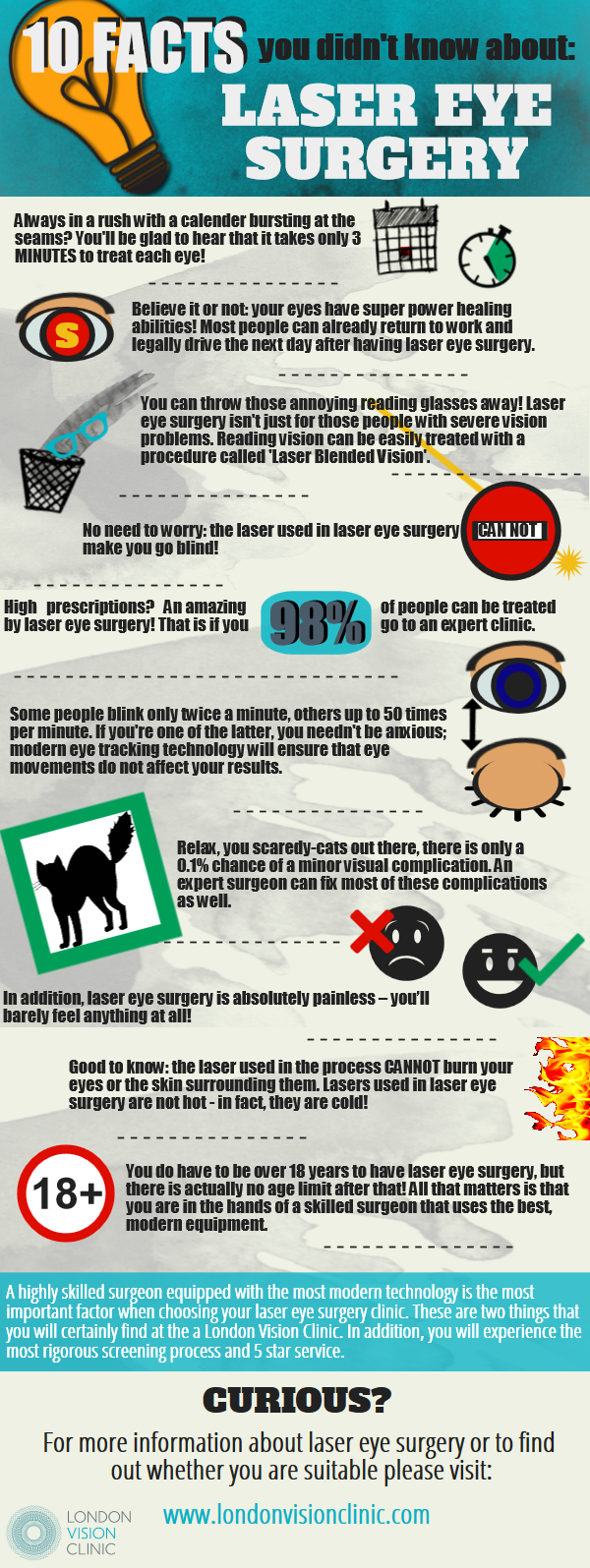After cataract surgery, you may be eager to get back on the road, but security needs to be your leading concern. Vision enhancement can vary, and it's necessary to follow your doctor's advice before driving once more. Factors like your recovery process and visual acuity play a huge duty. So, what should you learn about the recovery timeline and driving securely? Let's check out the standards that can assist you navigate this change.
Recognizing the Recuperation Timeline
After cataract surgery, you'll likely ask yourself for how long it will take to totally recuperate and when you can securely come back behind the wheel.
Generally, you'll discover improved vision within a few days, but full recovery can take numerous weeks. Throughout the initial couple of days, you could experience some blurriness, sensitivity to light, or moderate discomfort. These signs and symptoms need to gradually lessen.
Many cosmetic surgeons recommend waiting a minimum of a week prior to driving, but pay attention to your doctor's guidance. They'll analyze your healing process and visual acuity to determine when you prepare.
Elements Influencing Your Ability to Drive
Your capacity to drive after cataract surgery relies on numerous essential elements that can dramatically affect your vision and confidence when driving.
Initially, your recovery procedure plays an important function; some people recuperate faster than others.
Next, the type of intraocular lens (IOL) made use of can influence your visual clearness, especially in the evening.
In addition, any kind of pre-existing eye conditions, like glaucoma or macular degeneration, can affect your post-surgery vision.
Your general health and any type of medicines you're taking may additionally influence your alertness and response time.
It's important to evaluate your convenience level and vision top quality before getting behind the wheel.
Consulting your eye doctor is critical to identify when it's safe for you to drive again.
Tips for Driving Securely After Surgery
Although lots of people really feel eager to return on the road, it's critical to prioritize safety after cataract surgical procedure.
First, wait for your doctor's clearance before driving again; they recognize when you prepare. When you do begin driving, pick acquainted routes throughout daytime hours to minimize obstacles.
Keep your sunglasses handy to protect your eyes from glow. Change your mirrors for optimal exposure and prevent disturbances like your phone or loud music.
If https://www.healio.com/ophthalmology/refractive-surgery/news/print/ocular-surgery-news/%7Bd5ea88e2-c086-45f0-aab1-8f8360c9498d%7D/overcoming-the-prk-mindset-incorporating-lasik-smile-into-the-military discover any sudden changes in your vision, do not think twice to pull over safely. Also, think about practicing in a parking area to reclaim confidence prior to hitting more busy roadways.
Final thought
To conclude, driving after cataract surgical treatment calls for mindful consideration and persistence. Always prioritize your safety and security and await your physician's clearance before hitting the trail. As your vision improves, stick to acquainted routes and method during daylight hours. Remember to wear After Cataract Surgery Care to decrease glow and remain alert for any adjustments in your vision. By complying with these standards, you can construct your confidence and make sure a risk-free driving experience as you recuperate.
